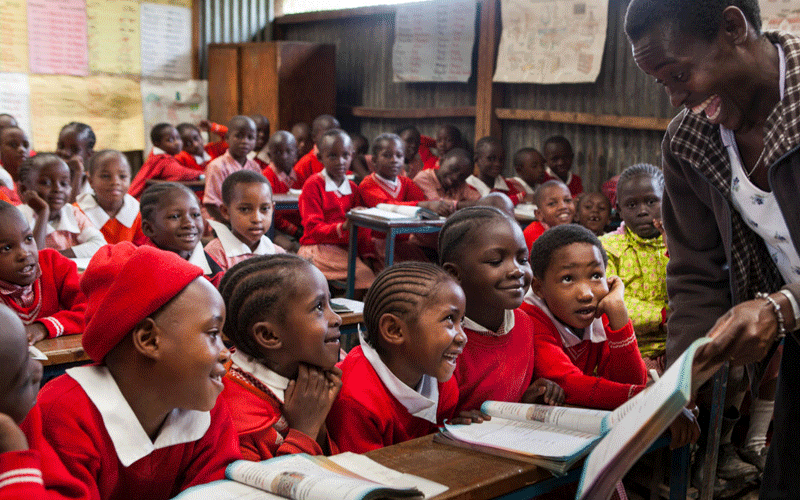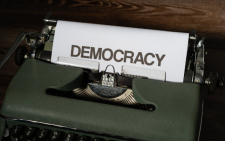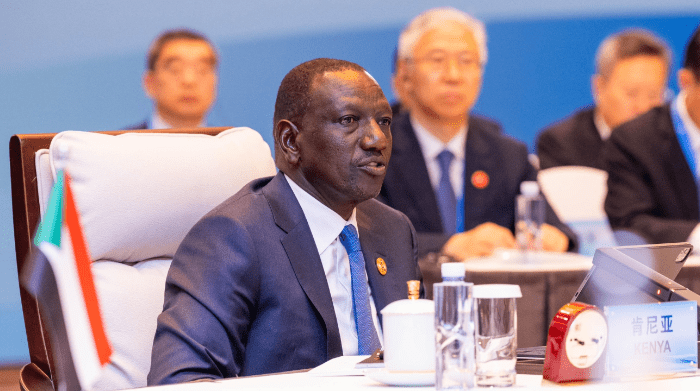Exercise caution as we reopen economy

Kenya’s economy is projected to grow faster, signalling a partial recovery from the Covid-19 pandemic, which had stalled growth last year.
After the wrath of the virus, key sectors are now raring to go back, and economic activity is expected to accelerate above 5 per cent in 2022.
While most indicators point to a more vibrant business environment, the base case is for adequate agricultural harvests and a pick-up in industrial activity, aided by rising demand from the recovering global economy.
Many sectors face a longer path to recovery. Already, Public Service Vehicles have resumed full capacity after the government reviewed a March 2020 directive that required them to operate at half capacity, to slow the spread of the virus.
This means more people will now be able to move with a single vehicle to help the players in the sector recoup part of the Sh31 billion they claim to have lost since the virus struck.
The good news is that with the resumption of full capacity operations, matatu owners are considering revising some bus fares downwards, a move that will serve to reinvigorate the economy.
However, questions abound how this will pan out given that the sector has in the past been a hard nut to crack, especially given that the virus loves crowds.
Further, calls by the Tourism Cabinet Secretary that hotels can now operate up to 9pm in the evening, an improvement from 7pm earlier means more people will soon be at close proximity for longer at social places.
To further shore up revenues, hotels can still host meetings of up to 30 people, despite a recent directive by the government banning all public gatherings.
It is important to note that the prospects for Kenya’s continuing recovery, which is uneven across sectors with some still heavily affected by the pandemic, hinge on the progress of the vaccination effort.
Kenya still faces the challenge of dealing with the Covid-19 pandemic especially with the highly virulent Delta strain taking a toll on Kenyans and the State must prioritise vaccination of essential service players.
With only a meagre 2.6 per cent of the population, about 1.8 million people according to Ministry of Health figures, Kenya has a long way to go and these new measures must be treated with the caution they deserve.
While it is important to ensure the economy rejuvenates, it is equally important to ensure that the health crisis does not turn into a full blown economic crisis through the new moves.
Otherwise we shall enter the election period with a crippled economy which might take years to help. Let us exercise caution in this one.












